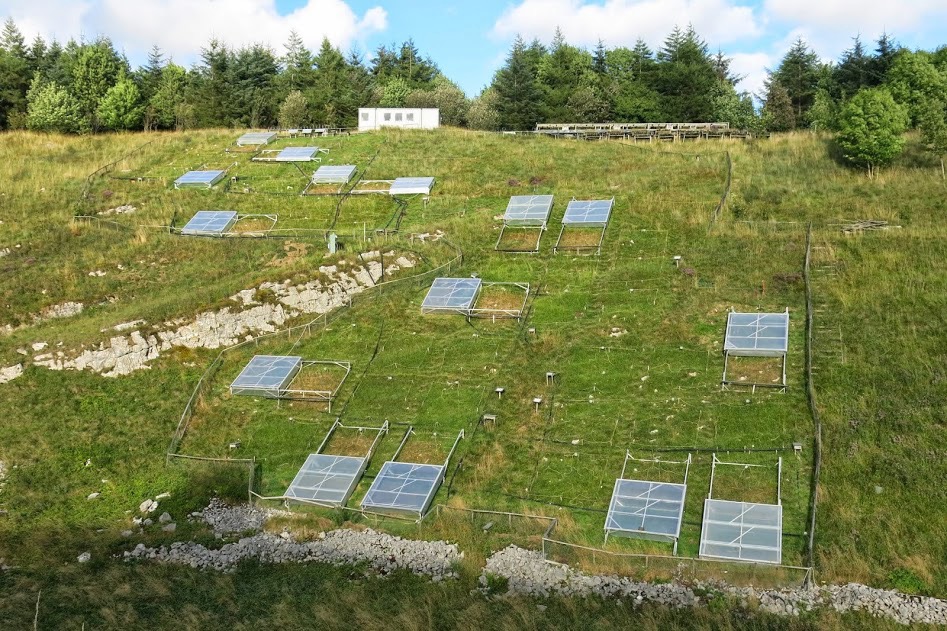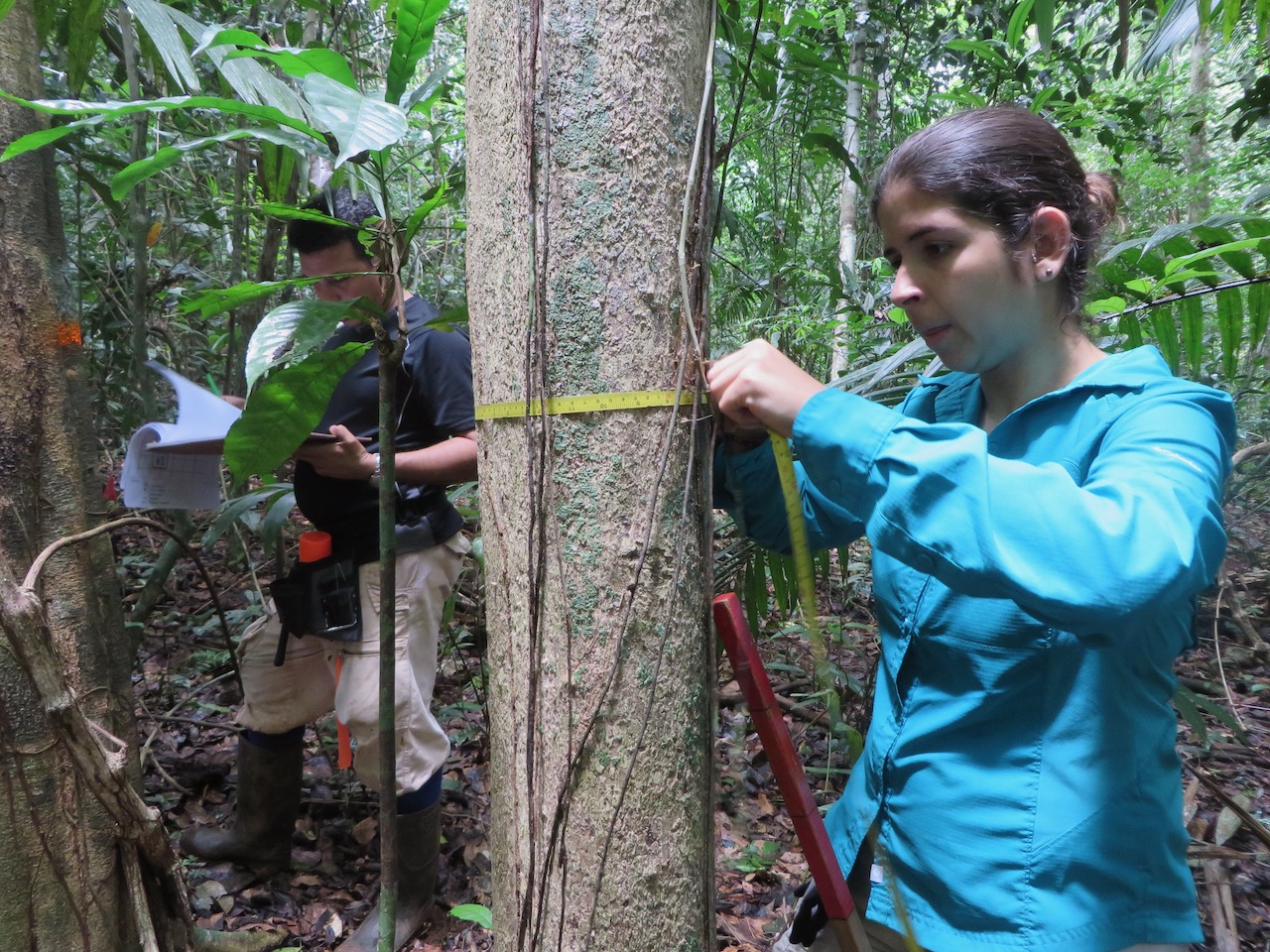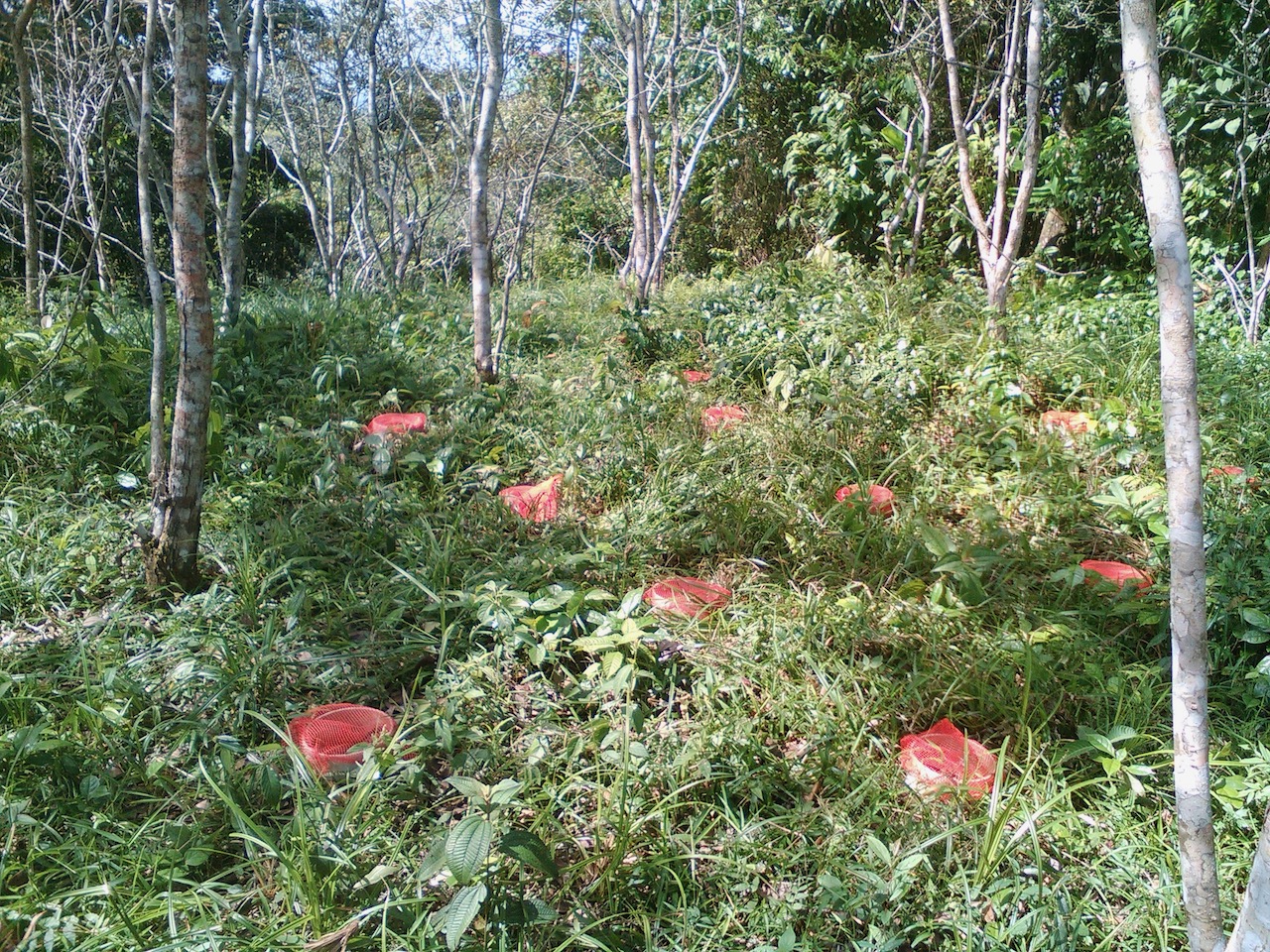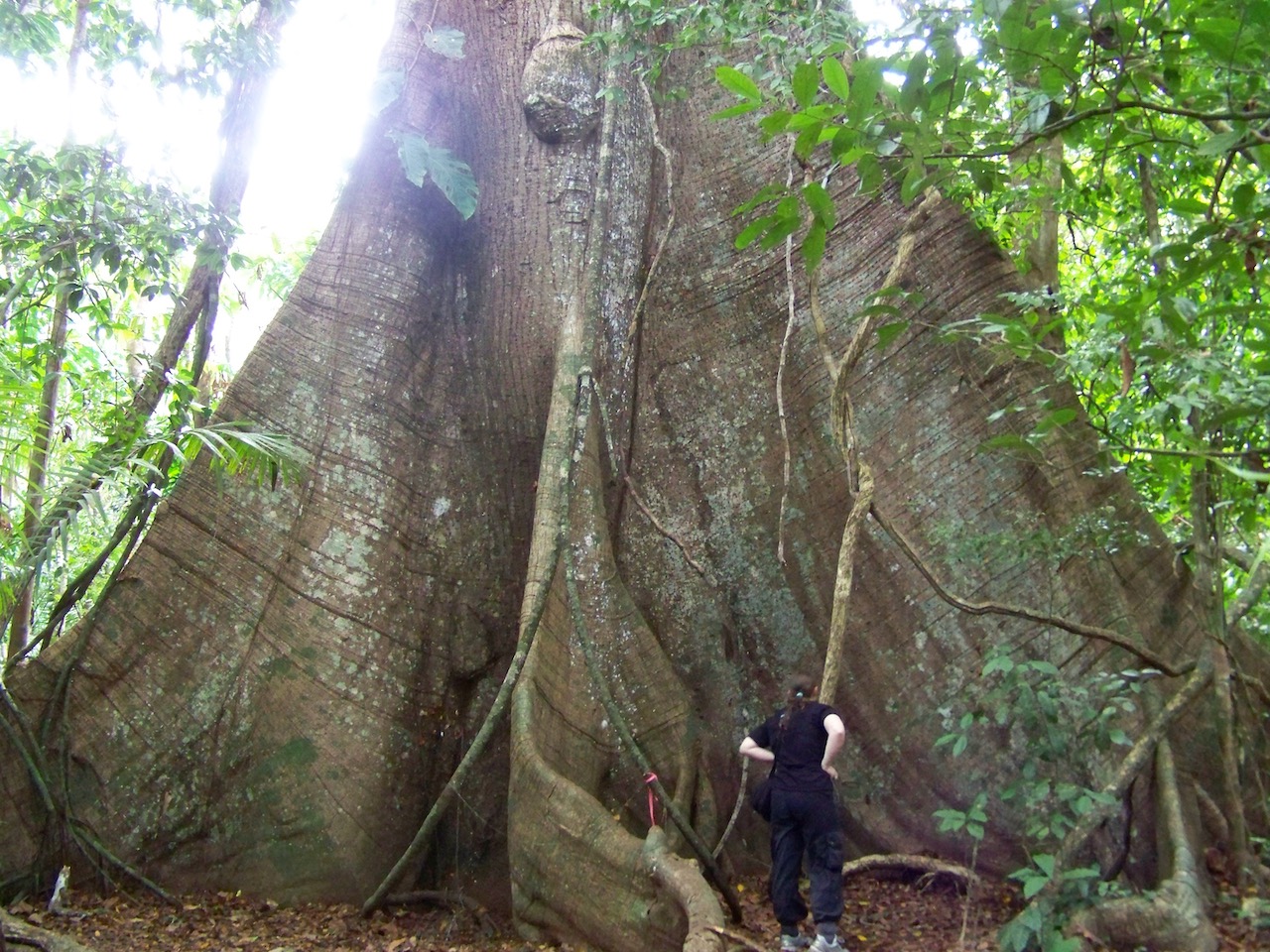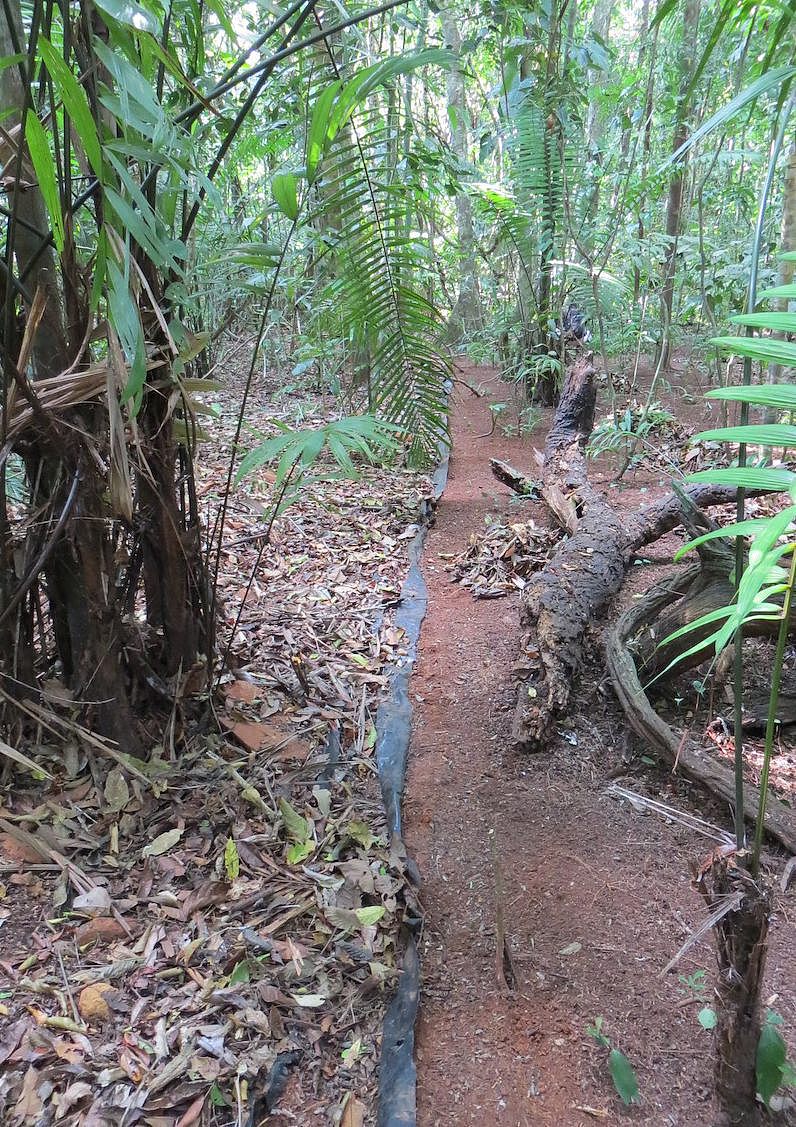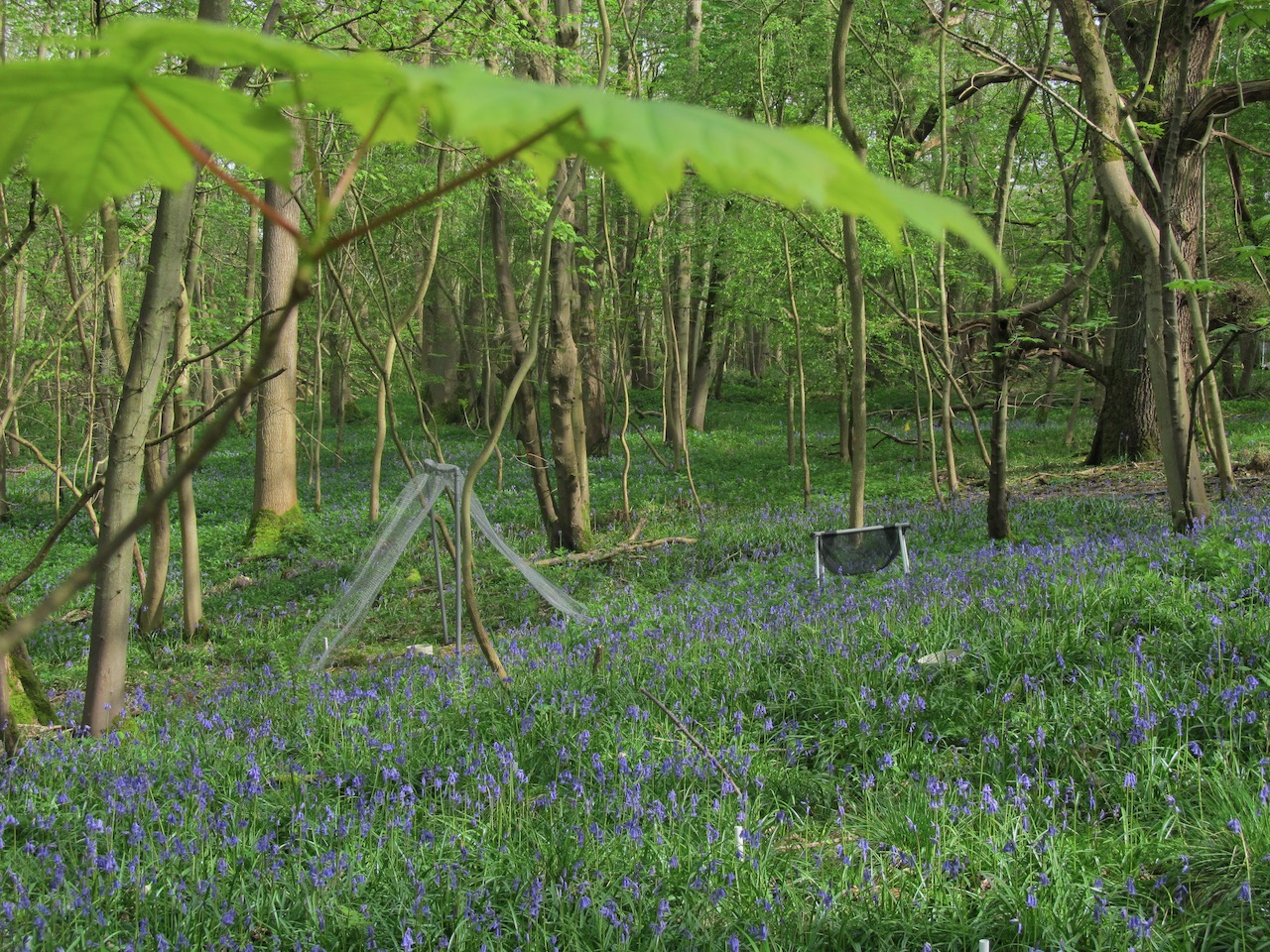Research activities
Ecosystem 'Mechanics'
Our research aims to understand how ecosystems function and how global changes will affect ecosystem processes. We use experiments to identify the plant-plant and plant-microbial interactions determining the resistance and resilience of ecosystems to disturbances. To achieve this, we combine approaches in plant ecology, ecophysiology, biogeochemistry, microbial ecology and soil science.
Much of our research is conducted in long-term field sites in Germany, Panama and the UK, but we also carry out small-scale experiments and functional assays in the lab.
Our main research areas are:
1) Functional diversity and plant-soil interactions under global change
-
Species traits and adaptation in future ecosystem functioning
- Functional diversity as a control of tropical forest greenhouse gas (GHG) exchange
- Plant functional diversity and carbon sequestration
2) Nutrient cycling and soil carbon storage in tropical forests
- Direct nutrient cycling and plant adaptation to nutrient limitation
- Formation, stabilization, and release of soil organic carbon under climate change
- Species diversity and decomposition processes

